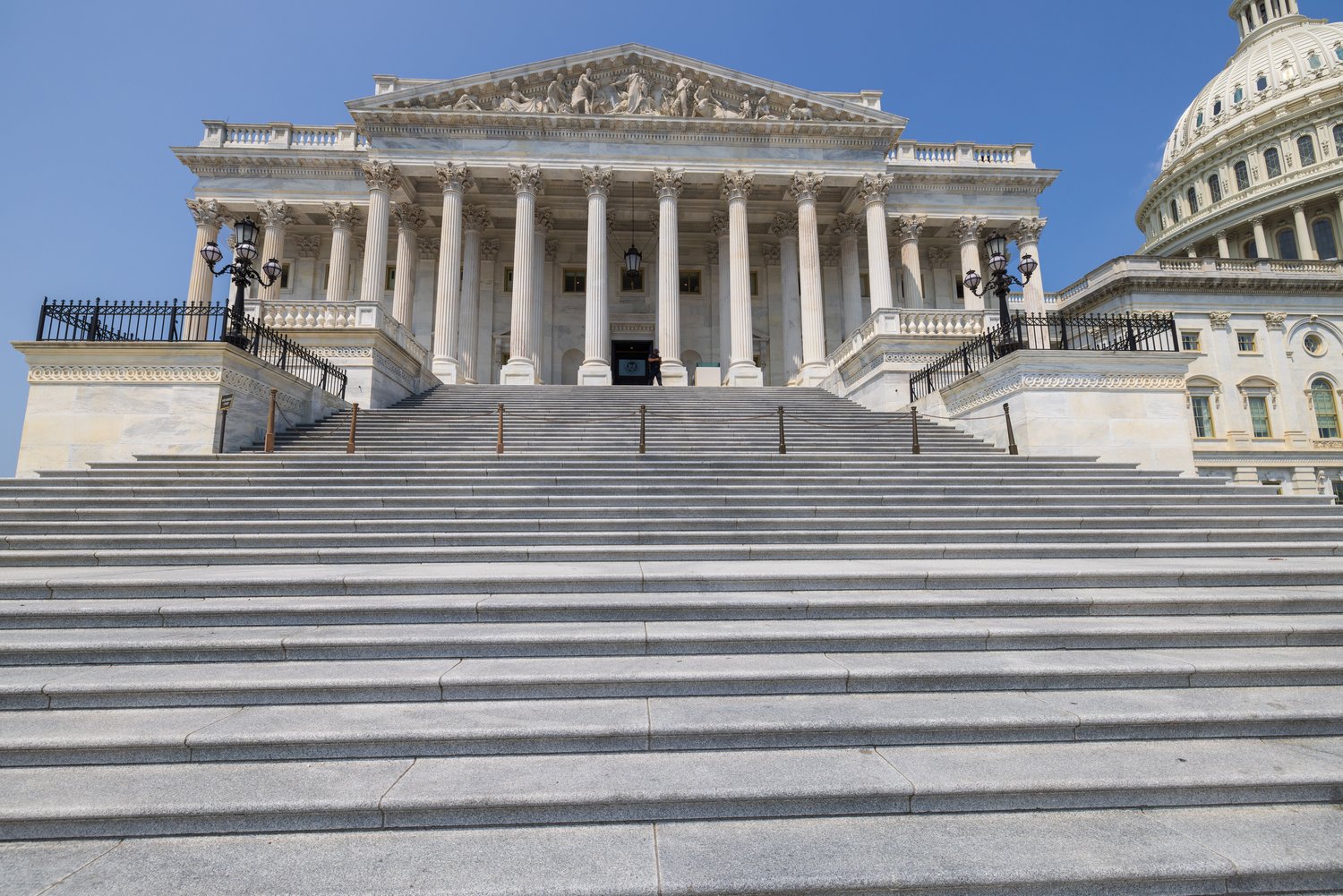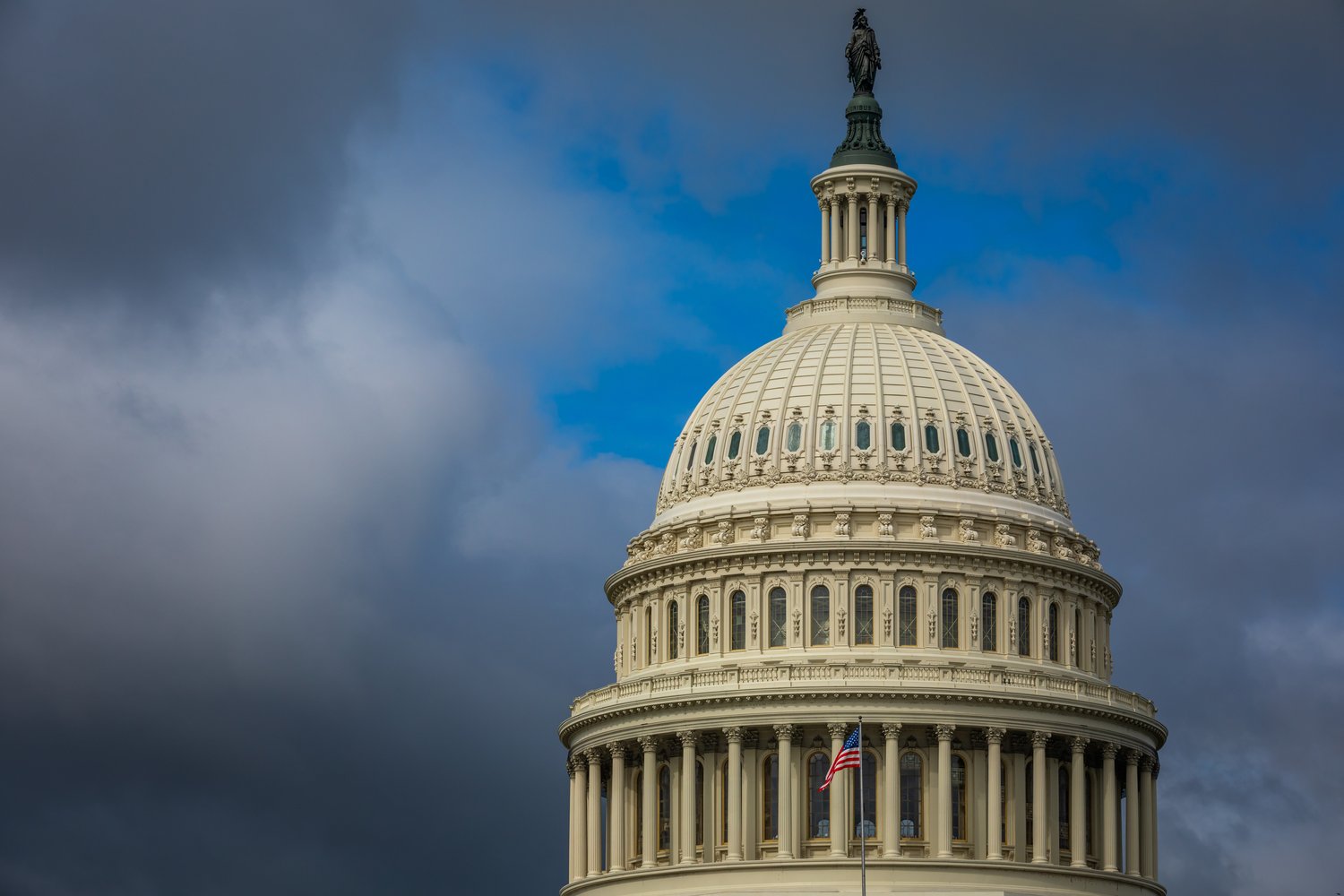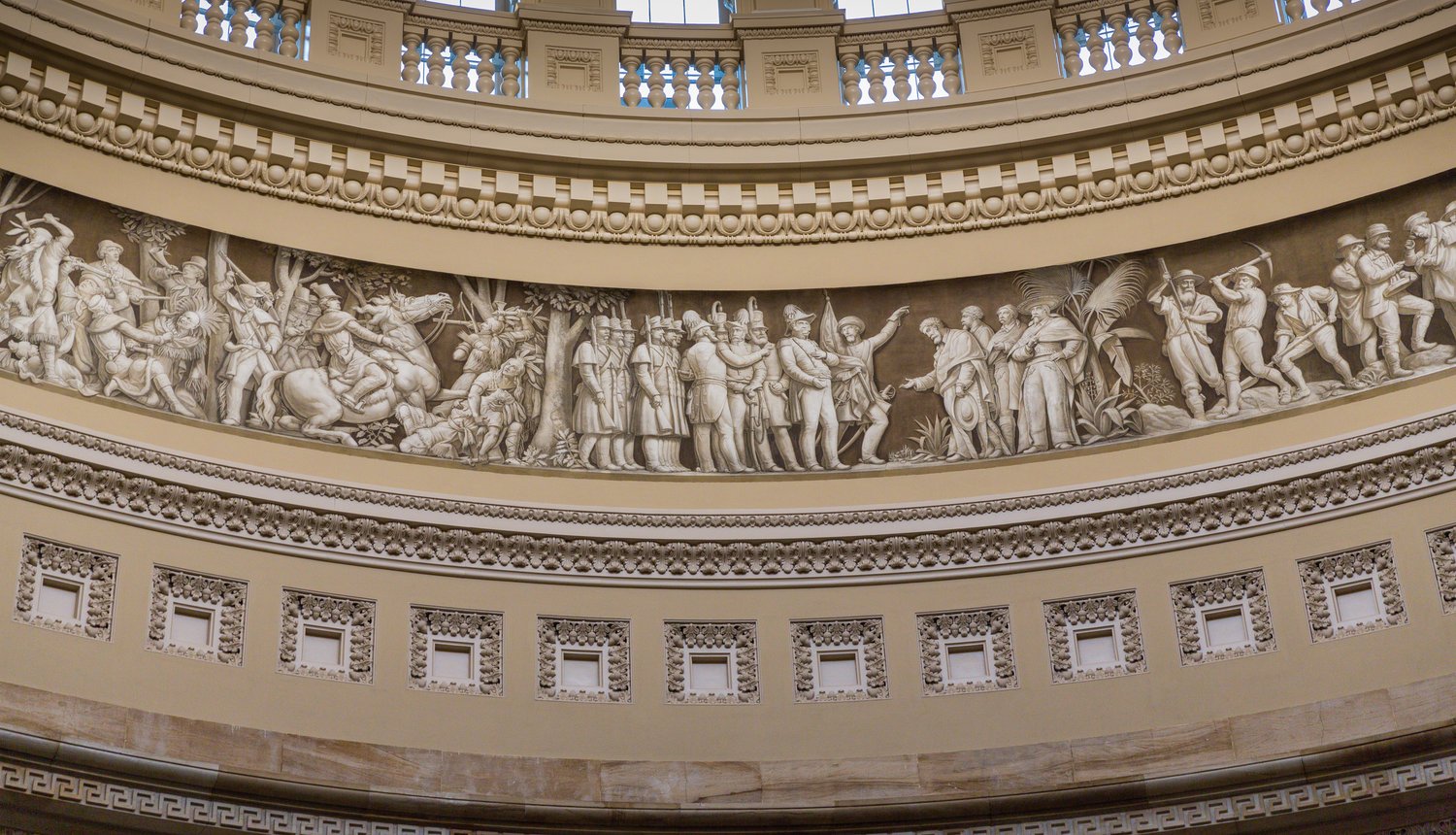
Penn Wharton Budget Model
@BudgetModel
@Penn @Wharton Budget Model provides accessible, transparent, and nonpartisan economic analysis of public policy issues without policy advocacy. #PWBM
#PWBM is excited to announce we are opening applications for this spring’s Wharton Public Policy Certificate Program! Designed for Congressional staffers & public policy professionals, this online program will equip certificate earners with a powerful framework for public policy.
We estimate the Senate-passed reconciliation bill increases primary deficits by $3.1 trillion over 10 years. The dynamic cost, including changes to the economy, is larger at $3.5 trillion. GDP falls by 0.3 in 10 years and falls by 4.6 in 30 years. budgetmodel.wharton.upenn.edu/issues/2025/7/…

If spending and tax changes in Reconciliation are made permanent, federal debt increases by 11.1% in 10 years and 24.3% in 30 years. GDP remains flat and wages fall by 0.5%. Dynamic costs exceed conventional costs in the budget window. #TCJA budgetmodel.wharton.upenn.edu/issues/2025/5/…

We estimate the House reconciliation bill increases primary deficits by $3.3 trillion over 10 years. Even so, GDP rises in the short and long term, as precautionary increases in labor supply and savings respond to a reduced social safety net. budgetmodel.wharton.upenn.edu/issues/2025/5/…
